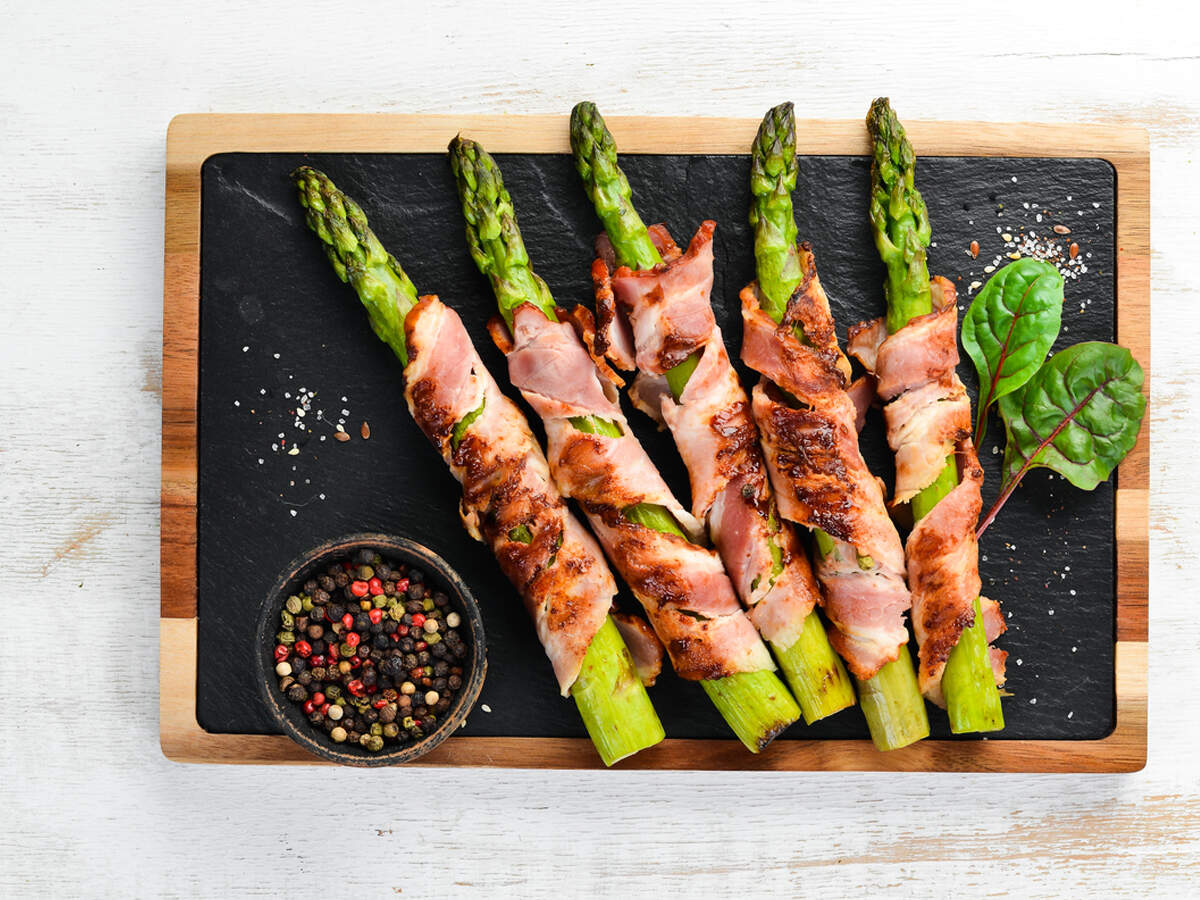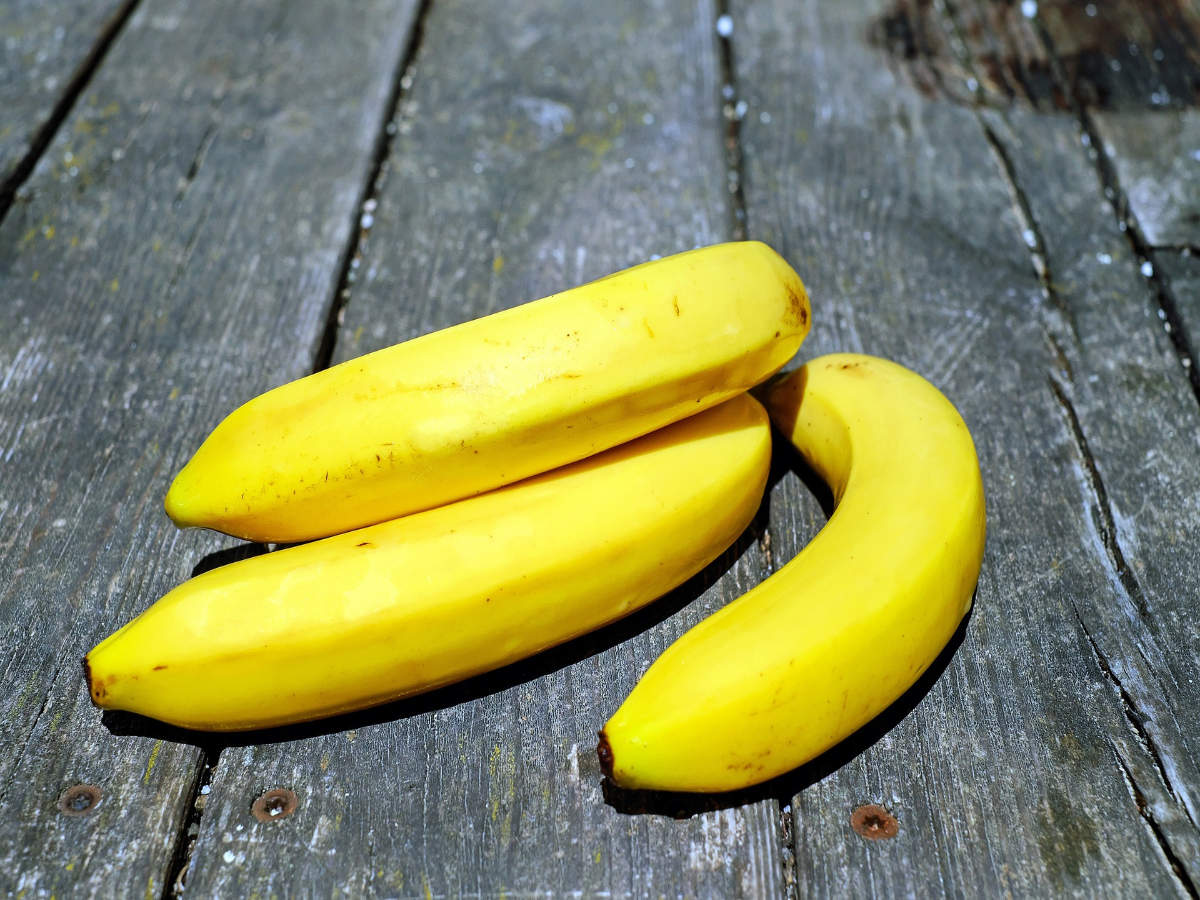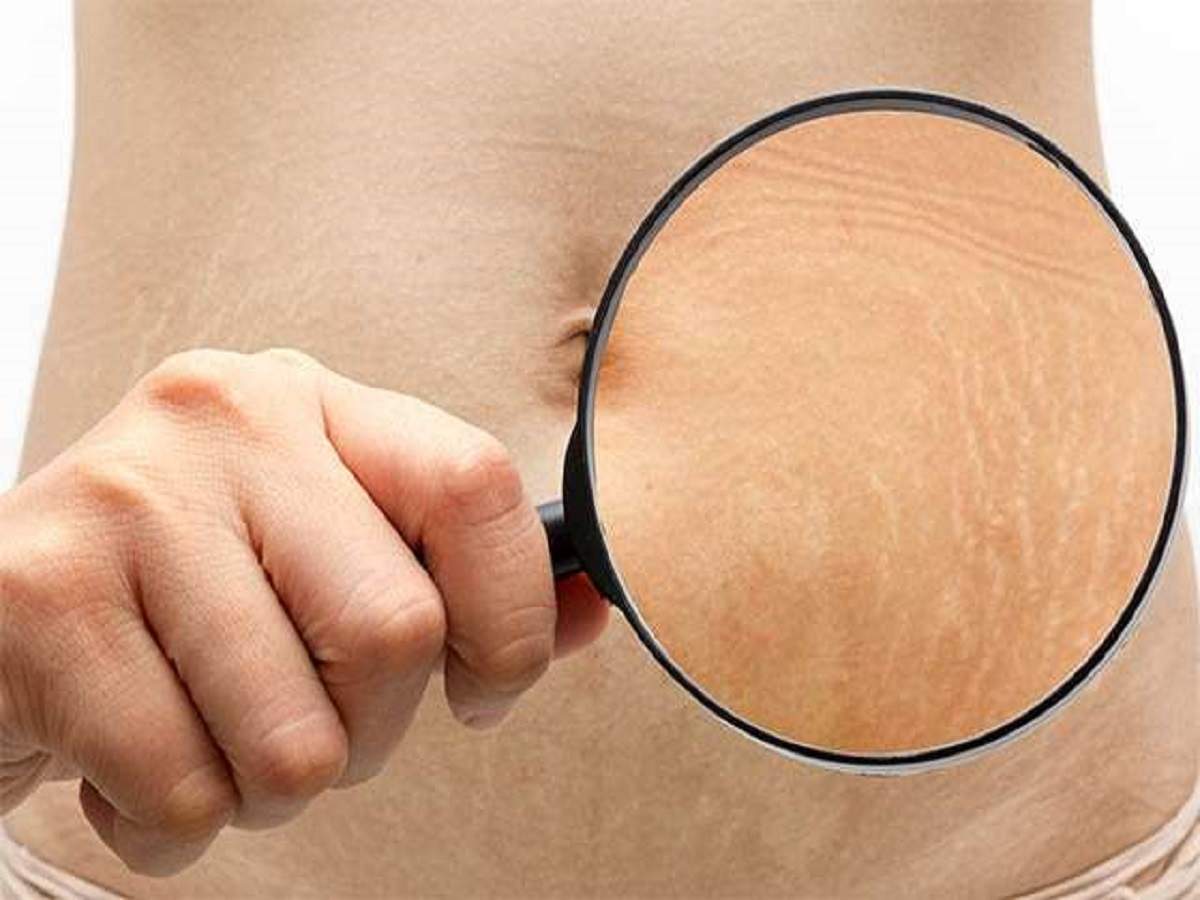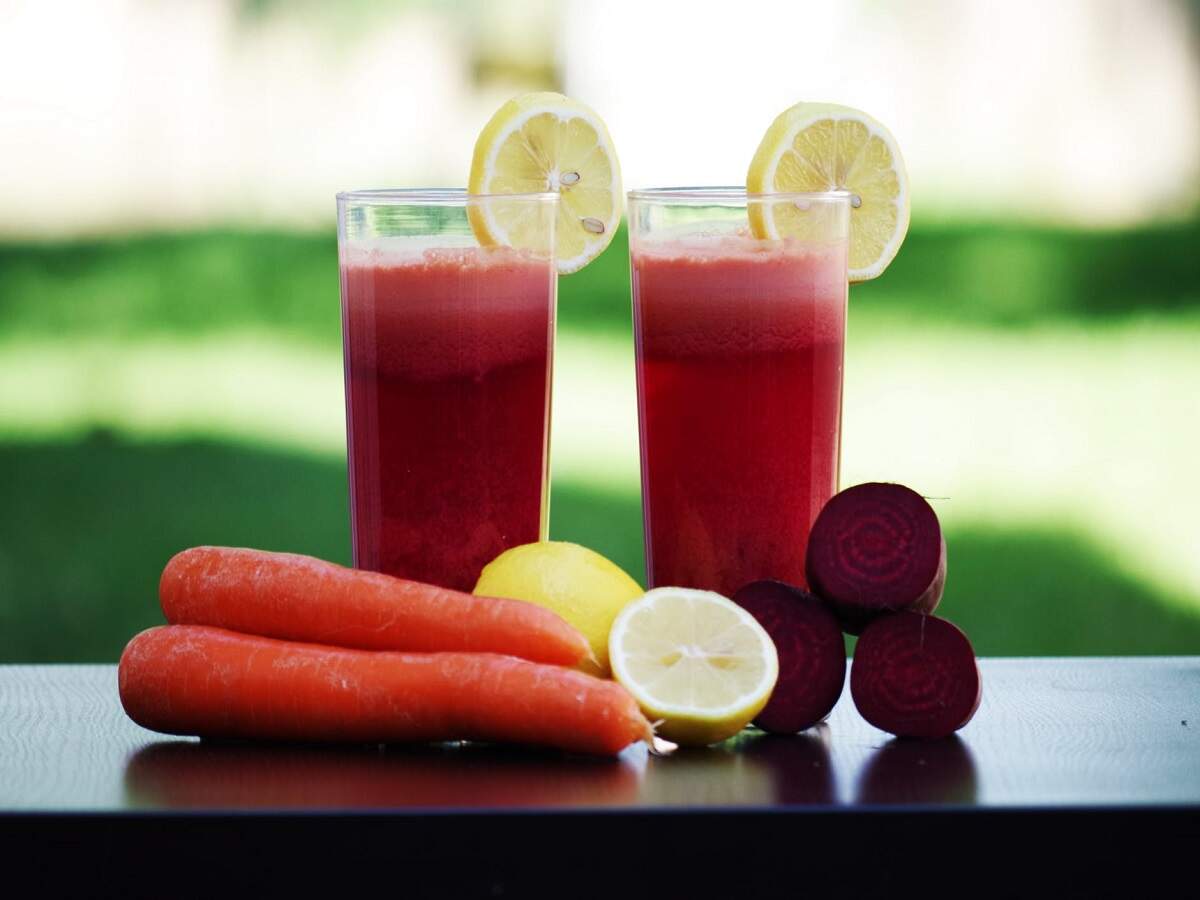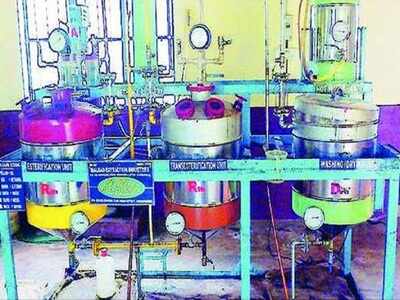
MANGALURU: In a first for Mangaluru, a technology institute in association with a bus owner from the city has successfully experimented using biofuel made of used cooking oil collected from restaurants to run city buses.
Edible oil used in frying food items is converted into biodiesel at a plant on the campus of NMAM Institute of Technology, Nitte. The biodiesel reduces carbon dioxide emission considerably. In another positive, this will prevent reuse of cooking oil by petty shops.
At present, a bus operator runs his three-bus fleet on route number 27 in the city using biodiesel made from used cooking oil in 80:20 ratio - 80 diesel and 20 biofuel.
Dr Ujwal P, professor of biotechnology engineering, NMAMIT, told TOI the use of biodiesel has minimal carbon dioxide and sulphur emissions. "Every day, most restaurants almost always dispose of the oil used in cooking. Some restaurants reuse it for many days. This could turn the food toxic leading to health complications among consumers. Most people are not aware of the toxicity level in food cooked with reused oil. We met 3-4 city restaurant owners who have agreed to part with used cooking oil at a nominal rate. We keep containers in these restaurants we've tied up with, and collect the used oil once in three weeks. Later, we bring it to the biofuel-manufacturing unit at our campus. The government-funded plant could produce 50 litres of biodiesel a day. We pass on biodiesel to bus owners once a month," the professor said.
She said they haven't assessed the commercial viability of biodiesel since it's still in the experiment stage. "A few of our college buses run on biodiesel along with diesel. Some drivers have experimented a 50:50 mix of biodiesel and diesel," she added.
Dilraj Alva, whose three buses run on the blend fuel, said he subscribes to the 80:20 ratio, and the engine runs efficiently with no impact. "It's eco-friendly too," Alva said, adding biodiesel will be used in more buses soon.
Edible oil used in frying food items is converted into biodiesel at a plant on the campus of NMAM Institute of Technology, Nitte. The biodiesel reduces carbon dioxide emission considerably. In another positive, this will prevent reuse of cooking oil by petty shops.
At present, a bus operator runs his three-bus fleet on route number 27 in the city using biodiesel made from used cooking oil in 80:20 ratio - 80 diesel and 20 biofuel.
Dr Ujwal P, professor of biotechnology engineering, NMAMIT, told TOI the use of biodiesel has minimal carbon dioxide and sulphur emissions. "Every day, most restaurants almost always dispose of the oil used in cooking. Some restaurants reuse it for many days. This could turn the food toxic leading to health complications among consumers. Most people are not aware of the toxicity level in food cooked with reused oil. We met 3-4 city restaurant owners who have agreed to part with used cooking oil at a nominal rate. We keep containers in these restaurants we've tied up with, and collect the used oil once in three weeks. Later, we bring it to the biofuel-manufacturing unit at our campus. The government-funded plant could produce 50 litres of biodiesel a day. We pass on biodiesel to bus owners once a month," the professor said.
She said they haven't assessed the commercial viability of biodiesel since it's still in the experiment stage. "A few of our college buses run on biodiesel along with diesel. Some drivers have experimented a 50:50 mix of biodiesel and diesel," she added.
Dilraj Alva, whose three buses run on the blend fuel, said he subscribes to the 80:20 ratio, and the engine runs efficiently with no impact. "It's eco-friendly too," Alva said, adding biodiesel will be used in more buses soon.
Trending Topics
LATEST VIDEOS
More from TOI
Navbharat Times
Featured Today in Travel
Get the app




